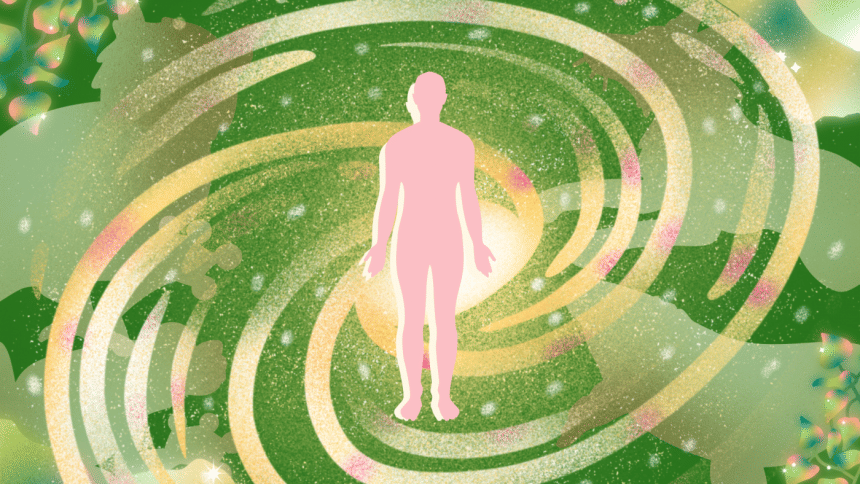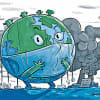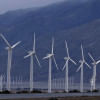Anthropocentrism and climate change: Explained

Back in high school, I came across the term 'anthropocentrism' for the first time through one of the philosophy podcasts that I used to listen to at the time. I do not remember the title of the podcast anymore. What I do remember, however, is my subsequent excruciating effort to understand what it meant.
First, I had to figure out its correct pronunciation. Regardless of how difficult it may be to spell and pronounce, I found the term thoroughly astonishing. Moreover, the concept has become a heated topic of discussion in academia. Once I understood it myself, anthropocentrism ended up providing a new perspective to my understanding of human activities.
Anthropocentrism refers to the belief that human beings are the centre of the world. In this perspective, human needs are prioritised over the needs of other species which include animals, plants, and other entities. According to the anthropocentric understanding of the world, human beings are inherently superior to other species. The rest of the species on earth exist to cater to human needs. Support for this view has been traditionally popular and believers of this philosophy include prominent philosophers such as Aristotle and Immanuel Kant. Meta narratives from major religions also endorsed this perception. However, due to advocacy by environmental activists, this view is being increasingly scrutinised.
The reason anthropocentrism is being cross-examined is because it is assumed to enable and aggravate deforestation and, thus, climate change. In our world, deforestation has become a common practice despite it contributing significantly to rising global temperatures, disregarding the climate crisis that we are facing. Human beings' unchecked greed for economic growth continuously poses a danger to the biodiversity of our planet. This need – that only really benefits the very few – to gain wealth and development has often been used as a justification for environmental degradation.
An example that vividly illustrates the effects of this is the condition of the Amazon Rainforest – the lungs of the planet – which has declined rapidly. In a report published by InfoAmazonia in 2023, the Amazon lost over 54.2 million hectares between 2001 and 2020, or almost nine percent of its forests, an area the size of France. According to a report by BBC however, the rate of deforestation nearly halved in 2023 compared to the previous year but the deforested area is still more than six times the size of New York City. This makes our already volatile climate even more vulnerable to climate change.
Nonetheless, the negative perception of anthropocentrism is not unanimous. Not everyone likes to view anthropocentrism as a reason for inevitable catastrophe. Rather some scholars have voiced support for anthropocentrism believing that it can accommodate environmental sustainability. In the essay "Anthropocentrism and Nature: An Attempt at Reconciliation", Kyle Burchett argues that it is not anthropocentrism that is harming the environment rather it is our collective impulse of prioritising short-term consequences over long-term ones. He advocates human beings to be more conscious environmentally, considering it is their long-term well-being and the survival of their succeeding generation that is at stake. He also points out that without a sustainable approach, it is unlikely that human beings' existence will be able to continue on Earth.
Regardless of our understanding of anthropocentrism or human centricity, it is imperative to recognise that the climate crisis we are encountering is largely man-made. Since the 1800s, human activities, such as the burning of fossil fuels, have been the most significant contributor to climate change.
Now, it is time that we recognise the crisis and collectively take action against it for the survival of planet Earth. To attain such a feat, large corporations and the wealthy must be held accountable. Simultaneously, changes need to be made by policymakers to curb the effects of climate change. If we claim to be superior, then the least we can do is to demonstrate it by rational decision making which sustains our long-term development. While we collectively hold a lot of power, combating climate change without support from the very top will be difficult, if not completely impossible.
Fariha Lamisa is a struggling student who is on the verge of giving up on university. Please send your consolation at [email protected]

 For all latest news, follow The Daily Star's Google News channel.
For all latest news, follow The Daily Star's Google News channel. 








Comments